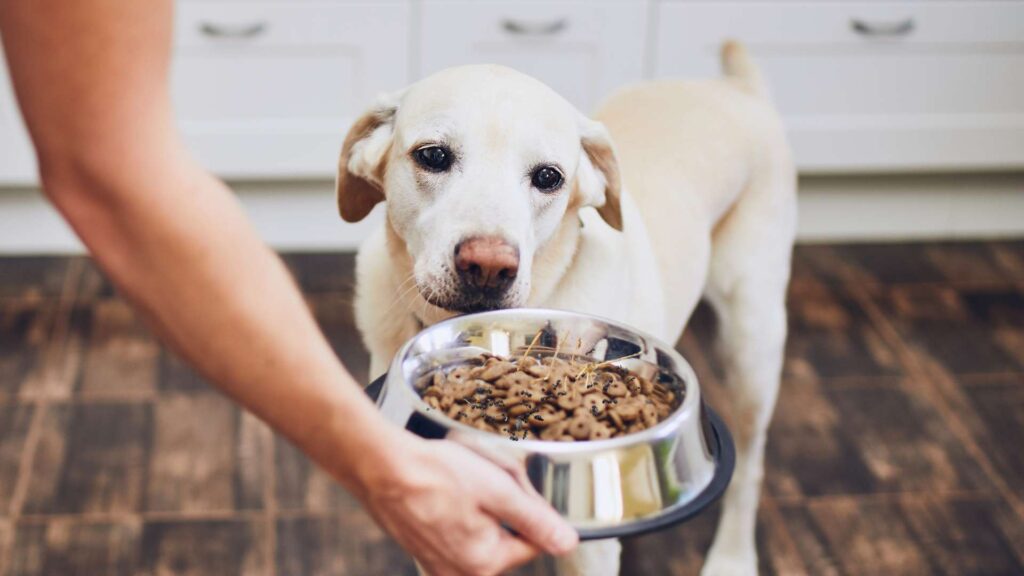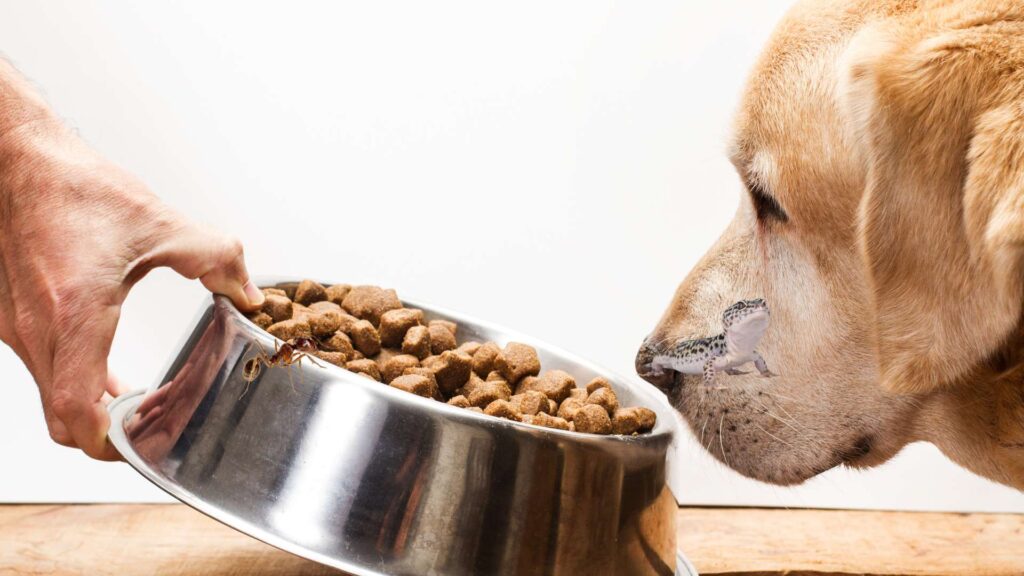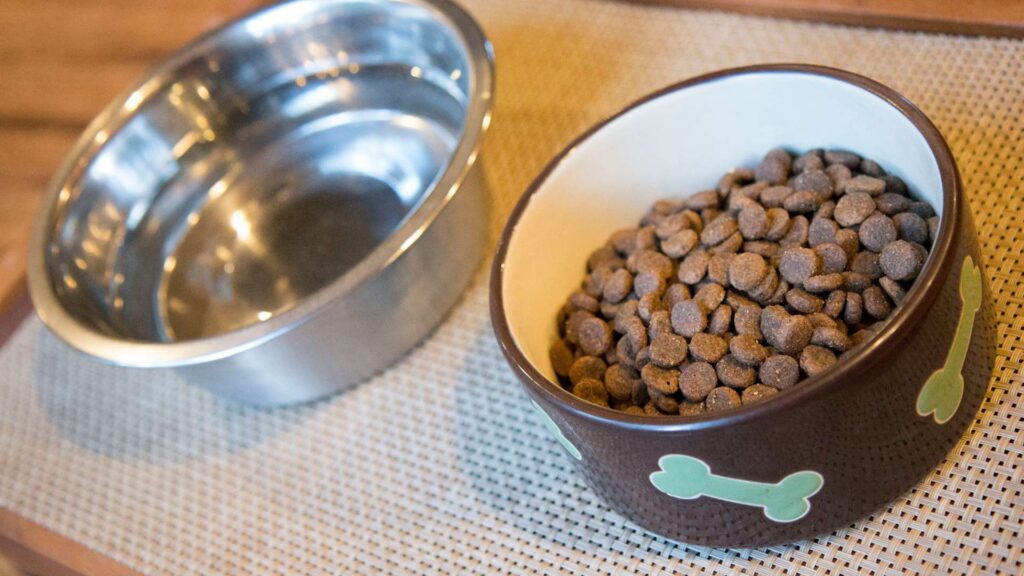You’ve tried cleaning, moving the bowl, and even storing food in different spots, but the ants just won’t quit. It’s frustrating and exhausting.
As a pest control expert, I’ve seen this problem countless times—and I can assure you, there are effective ways to stop them for good. The good news? I’m here to guide you every step of the way.
Why Ants Keep Getting in Dog Food
Ants are persistent pests, and their ability to invade spaces with food is remarkable. If ants keep getting in your dog food, it’s because they are naturally attracted to the high sugar and protein content in the food. These ingredients are essential for their survival, making dog food an ideal target.
Ants are social creatures that work together in colonies. When a scout ant discovers a food source, it leaves a pheromone trail that directs other ants to the location. This means once one ant finds your dog’s food, many more will follow.
How to Stop Ants From Getting in Dog Food
Preventing ants from accessing your dog’s food requires a combination of cleanliness, proper storage, and strategic barriers. Here are actionable steps to keep your pet’s food ant-free.
Choose the Right Dog Food Storage Container
Using the right storage container is one of the most effective ways to protect dog food from ants. Airtight containers are your best defense as they prevent ants from detecting the scent of the food.
When choosing a container:
- Opt for materials like plastic, metal, or glass that are sturdy and ant-proof.
- Look for containers with tight-sealing lids to eliminate gaps.
- Store the container off the ground and away from walls where ants are likely to travel.
Create an Ant-Proof Feeding Zone
Establishing a feeding zone designed to deter ants can save you from constant battles with infestations.
Start by using ant-resistant feeding mats or bowls. Some bowls are
specifically designed with water or oil barriers that prevent ants from climbing into the food.
Additional tips:
- Place the feeding station in a clean, elevated area.
- Clean up any leftover crumbs or spilled food immediately after your dog eats.
- Regularly inspect the area for signs of ants and take action if needed.
Natural and Safe Ant Deterrents
If you prefer chemical-free solutions, there are several natural remedies you can use to keep ants away from dog food.
These repellents are safe for pets and effective against ants:
- Vinegar: Wipe down the feeding area with a solution of equal parts water and vinegar. Ants dislike the smell and will avoid the area.
- Lemon Juice: Apply lemon juice around the feeding station or near any cracks and entry points. The acidity disrupts their pheromone trails.
- Cinnamon: Sprinkle cinnamon near the feeding bowl or storage container. The strong scent acts as a natural barrier.
These natural deterrents not only repel ants but also ensure the safety of your pets.
Why It’s Important to Keep Ants Out of Dog Food
Allowing ants into your dog’s food poses several risks. First, ants can carry bacteria and harmful pathogens that may contaminate the food. If your dog ingests this contaminated food, it could lead to stomach upset or more serious health issues.
Additionally, ants reduce the nutritional quality of the food. As they break down the food or deposit waste, the food becomes less appealing and potentially harmful for your dog. Keeping ants out ensures that your pet gets the proper nutrition without risks of contamination.
Professional Solutions for Persistent Ant Problems
If ants keep coming back despite your best efforts, it might be time to consult a
ant pest control professional. Persistent infestations often indicate a larger problem, such as an ant colony nearby.
Professional pest control services can identify the source of the problem and eliminate it effectively.
Professional help can be especially valuable if you notice ants invading other areas of your home as well.
Conclusion: Ensuring a Safe and Ant-Free Feeding Environment
Keeping ants out of your dog’s food requires consistent effort, but it’s well worth it. By combining proper storage, maintaining a clean feeding area, and using natural deterrents, you can protect your dog’s food and health.
For severe infestations, professional pest control services can offer a lasting solution.


